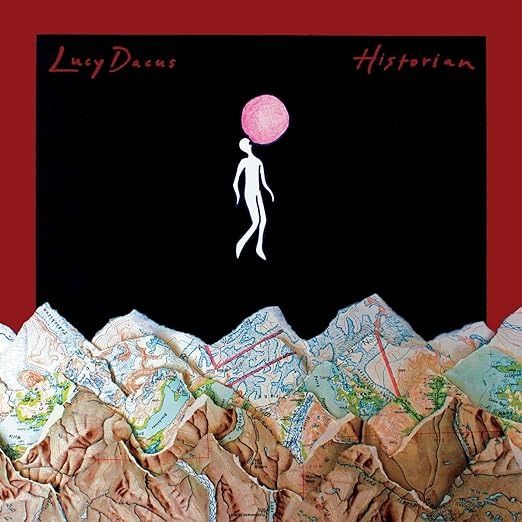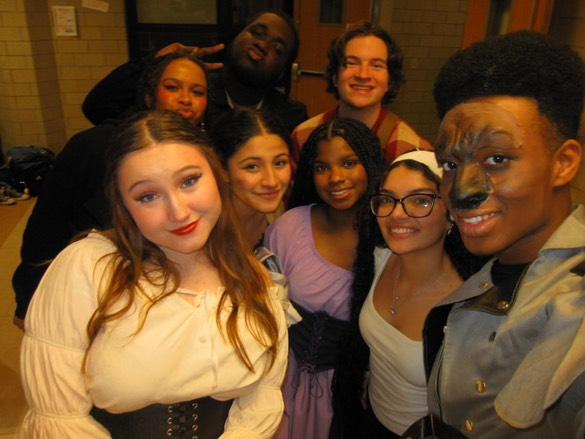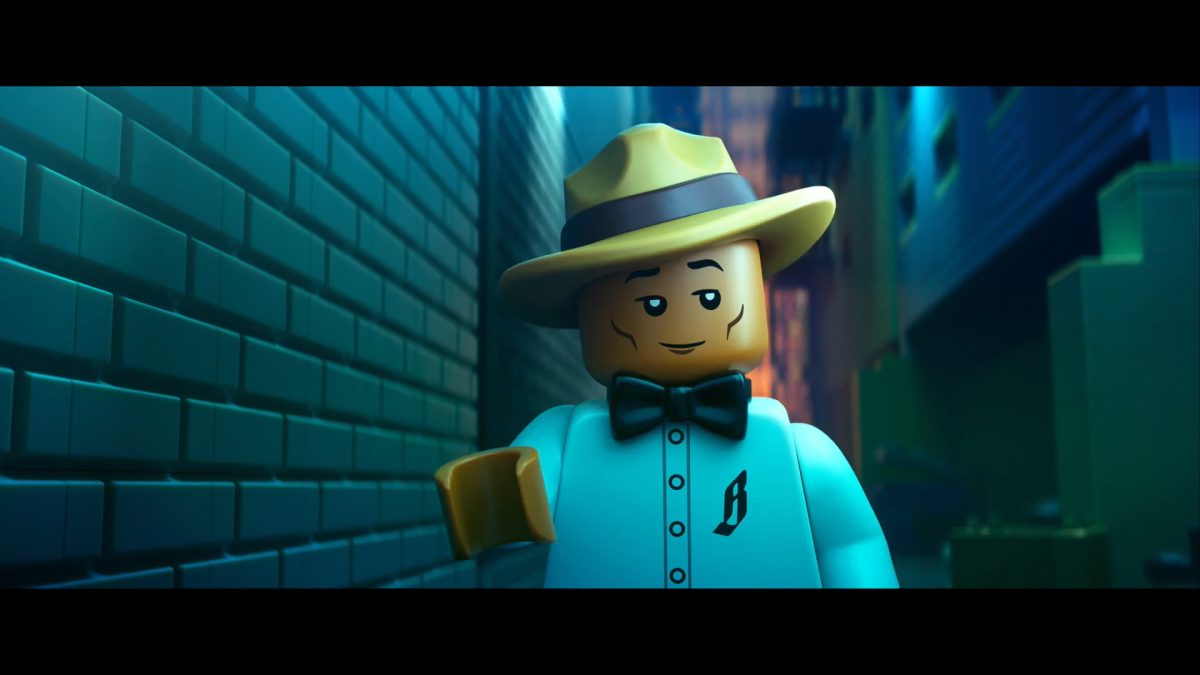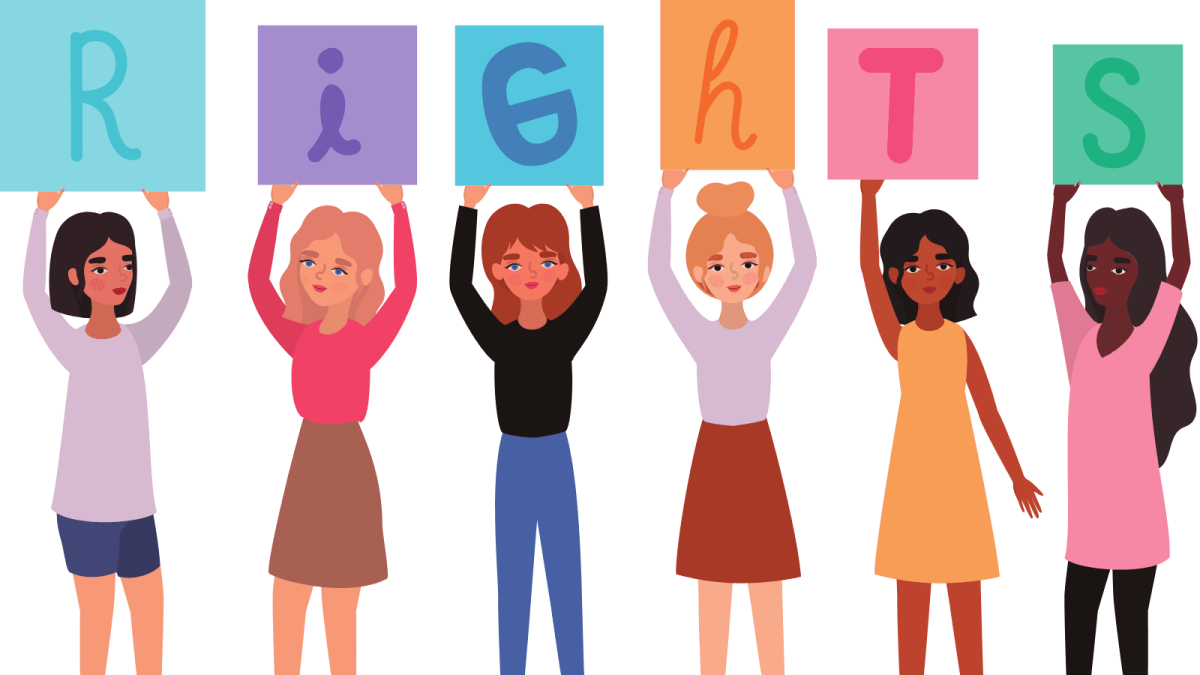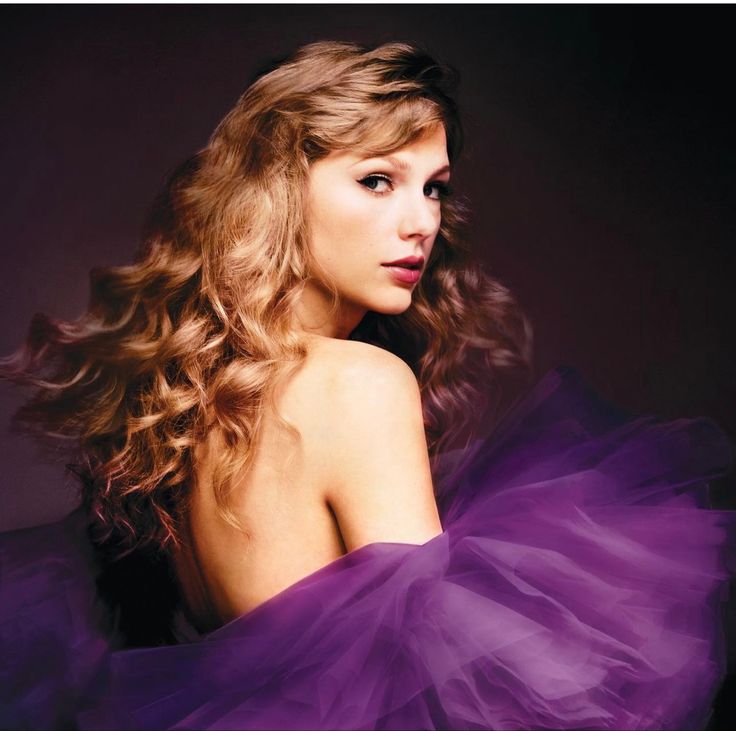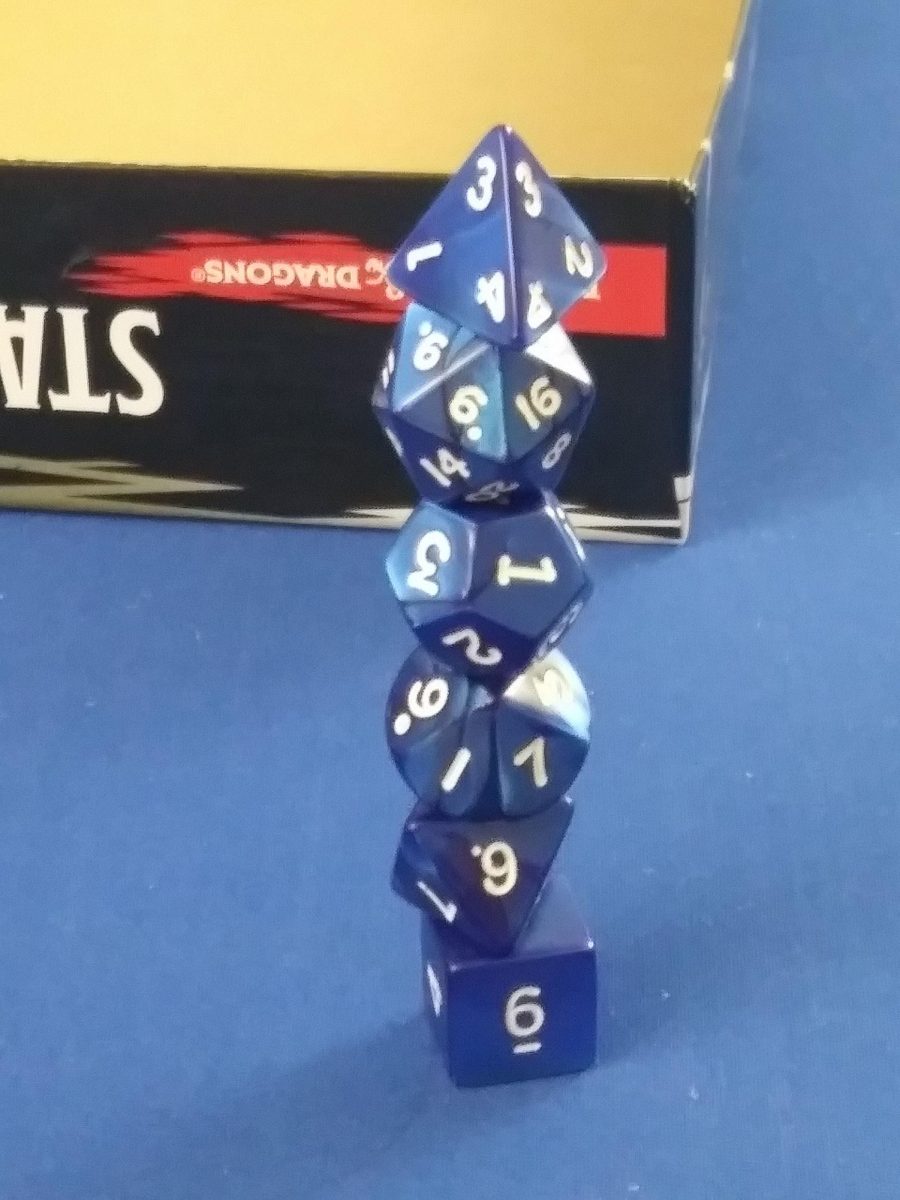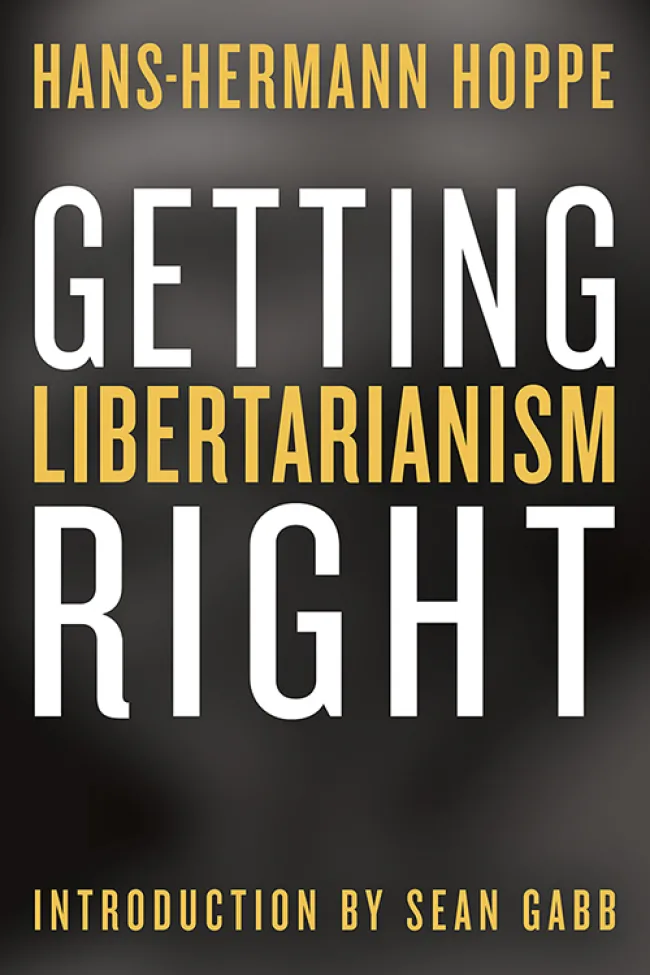As obsessed as I am with boygenius and all things adjacent to the band, the only extra exposure I got prior to becoming a fan was from Phoebe Bridgers’ solo music. It wasn’t until the past few months that I got extremely interested in and began to consume Lucy Dacus’ discography. Lucy has some of the strongest vocals I’ve heard and her lyricism is unmatched by many of the songwriters today. Historian is by far my favorite of her 3 albums and it is the first time listeners really get to hear her voice erupt. Her tone and style of music becomes completely different on this sophomore album in comparison to her debut album and she continues to get even better in every subsequent piece of music that she releases. It’s no secret, nor does it come as any surprise, that Lucy has one of the best voices and writing of our time and this album really showcases all of the power that she holds. So, let’s get into the breakdown–
TRACKLIST
Night Shift
Addictions
The Shell
Nonbeliever
Yours & Mine
Body to Flame
Timefighter
Next of Kin
Pillar of Truth
Historians

ANALYSIS
1. Night Shift
Synopsis– In the aftermath of a breakup, Lucy depicts her attempt to move on and reconstruct her life so that she is able to avoid her ex. This is the lead single for the album and completely sets the tone for the rest of the songs to come. It starts mellow, with Lucy singularly strumming a guitar, and ends as one of the loudest tracks that Lucy has released. This is the first song that deals with loss on the album, the loss that comes from the end of a relationship, and leads into more loss that is to be covered throughout it. This is about someone who has hurt Lucy so badly and was incredibly awful to her during their relationship, and she mentions many intrusive thoughts that she’s had but has had to resist the urge to act on for fear of the consequences to come from it.
Lyric Pullouts–
“Don’t hold your breath, forget you ever saw me at my best
You don’t deserve what you don’t respect
Don’t deserve what you say you love and then neglect“ (Verse 2)
The person that Lucy was in a relationship with seemed not to hold any respect for her at all. After their time together has ended, she is reflecting on that aspect of them and the fact that she should have never humored the way that they treated her. She wants this person to forget any thought of this “best” version of her because now that she looks back at it, she realizes that they truly don’t, and never did, deserve her. This person was throwing false admiration and intimacy towards her, telling her that they love her yet not extending their attention to her. She has come to terms with the fact that, despite how much she loves them, she deserves much better than the way that they treated her.
“You got a 9-to-5, so I’ll take the night shift
And I’ll never see you again, if I can help it
In five years, I hope the songs feel like covers
Dedicated to new lovers” (Refrain)
All that she wants to do at this point is to avoid this person. She uses her night shift and their 9-to-5 as a metaphor for her wanting to stay away from them completely. If they are working from 9 to 5, then as soon as they are done, she will be going to work for her night shift, and once she is done, it’ll be their turn again. In this scenario, they are never crossing paths which is what Lucy so desperately wants considering how she has been treated. The relationship that this song is about lasted 5 years and she hopes that 5 years from now, double the time of the relationship, the lyrics that she once wrote about this person will now serve as a dedication to someone new, someone who will not treat her as awfully as her former partner did.
Lucy’s Commentary– When speaking on the track, Lucy said, “This is the only breakup song I’ve ever written. For a long time I didn’t believe expressing this sort of negativity was productive, but it’s less productive to resist the truth of a situation. It’s a hopeful song.” (via NPR)
2. Addictions
Synopsis– The second single on the album, which Lucy describes as “break-up adjacent” (not completely a break-up song, though), deals with the addiction she has to someone despite how much they have hurt her. She sings about the idea of cycling back to this person even though the relationship has run its course and it’s not good or healthy for either person anymore. The song expresses her tendency to fall back into relationships, whether they be platonic or romantic, that are toxic and extremely bad for her, but she feels unable to leave as she loves this person too much.
Lyric Pullouts–
“Freeze frame tidal wave in the passenger side
I’m still a nervous kid after all this time
Can you imagine what it’s like to be here with you now?
Forget your current lover, remember me that one July” (Verse 1)
Lucy is dealing with a huge range of emotions in this situation and does not want to visit them. She is painting the audience the picture of sitting in the passenger seat while her loved one is driving and she feels overcome with all of these feelings. Both of them are extremely overwhelmed with them and she wants to be able to just take a pause and capture the good moment that they are having together before both of their emotions come crashing down and ruin the joy that they are currently experiencing. She is recalling this time and is thinking about how hard it is for her not to have them by her side and she is still dealing with an immense amount of anxiety despite how much time has passed.
“You’ve been around the world and back
Always return to the ones you love
You’ve got a sense of adventure
And a penchant for comfort that keeps you at home” (Bridge)
Although this person was never the best to her, she can’t help but to only think about their good qualities. She admires how they are so eager to take on the world and explore yet they also are sometimes a homebody and often feel themselves being drawn back to their home, the place that they feel most themself. They have this desire to go out and see the world but ensure they always come back to see the people that they love in the end. Lucy expresses the conflict that she faces internally though these lines by highlighting the differences between the two sides of this person.
Lucy’s Commentary– When asked how addiction plays into relationships of Lucy’s, she answered with, “I’m personally very adverse to addiction. – I don’t even drink coffee. I try to avoid becoming reliant on any substance. The only addiction that I know I have experienced is to somebody else.” (via saved by old times)
3. The Shell
Synopsis– On this track, Lucy tackles the idea of creative burnout and how it can affect a musician like herself. Lucy describes her experience of feeling disassociated from her life and the events that are occurring at the time. She explores the pressure that she and her counterparts feel to constantly be creating and leading, and that this forces her to become disconnected from her surroundings and uninterested in what is going around her. She finds it important to keep in touch with her roots and expresses that once coming to this realization of understanding that she doesn’t have to be continually doing this, it removes the burden that she feels under.
Lyric Pullouts–
“It’s a myth and now I see it clearly
You don’t have to be sad to make something worth hearing
Now I’m common and content, one more burden off my back“ (Verse 1)
Many people say that songs need to come from a place of sorrow and Lucy notes that while a lot of her songs are darker than most, they are not all sad. It has taken her a while to realize, but she now understands that her songs do not have to be implicitly sad for them to be good or worth listening to. She calls this idea of songs needing to be sad a myth and now that she grasps that, she feels like there’s been almost a weight lifted off of her shoulders. With this newfound understanding, she feels much more at ease and that her desire to create doesn’t have to be something that she should ever feel forced to do, it should instead be something that she loves and enjoys. Coming to this conclusion has also allowed her to be much more authentic in her work, truly expressing what she believes and taking the much needed time to do so.
“You don’t wanna be a creator
Doesn’t mean you’ve got nothing to say
Put down the pen, don’t let it force your hand” (Chorus)
Lucy describes her understanding of the importance of shared thoughts from people who aren’t creators. She knows that many people have words that are worth publicizing and that even if they don’t want to use a creative platform to display them, that doesn’t mean that what they’re contributing isn’t valuable. She also expresses that they shouldn’t feel forced to do something with their thoughts, to translate them into a different medium, and instead can just speak their mind for these words to be shared. Even if there’s no known direction in which they want their ideas to go, that doesn’t mean that they aren’t worth getting out.
Lucy’s Commentary– Lucy stated, “The Shell is the body, there’s that verse “If I had the offer to do it again … I’d deliver up my shell to be filled with somebody else.” It’s like, you have this shell, you have this body, you have this moment to be alive and use that presence in the world, and sometimes when I’m really down or upset I just feel like I could exit and let somebody else come in and enjoy the world when I’m incapable of it, because I feel like I’m wasting space.” (via saved by old times)
4. Nonbeliever
Synopsis– This song follows Lucy’s journey out of Christianity and into, what she refers to as, nonbelieving. She depicts the series of events that occurred, leading her away from religion, coming to terms with her belief (or lack thereof), revealing this to her loved ones, and her struggle with feeling as if her life does not have a course now that she is a nonbeliever. She displays themes of self-discovery and the search for meaning in life. In addition to this idea of escaping religion, Lucy was also inspired by the story of her father escaping his small hometown for change and a life in the city.
Lyric Pullouts–
“You say nobody loves a city
Nobody loves what can’t love them back
One-way ticket in your pocket
What happened to the charm of a small town? (Verse 2)
The speaker is looking for a chance to escape where they’re from. Small towns are often spoken of as “charming,” “sweet,” and “cute,” but this town has lost all of its appeal because of events that had occurred there. She mentions having a one-way ticket out of the town, seeking out change and a new & better experience. When bringing this up to someone, they seem to be shocked and confused as to why she is looking to leave and travel to a big city, a place that can not reciprocate the admiration that she shows towards it, where at least it has that quaint appeal.
“If you find what you’re looking for
Be sure to send the new address
And if you find what you’re looking for
Write a letter and tell us what it is, and tell us what it is (Chorus 2)
Everybody else, everybody else looks like they figured it out” (Outro)
She feels as though everyone has come to find their purpose in life and what they are passionate to do with it. She hopes to be let in on this discovery so that she can do the same. She feels almost worthless and like there is nothing for her after coming to the realization that she is a nonbeliever. She wants to ensure that her connections remain strong and unbroken, despite the distance between her and the people that she loves. What she wants most of all, though, is to know that there is value in a life lived without religion and she seems to only be able to feel that way or know that is to see someone who she loves live a life without religion that is also purposeful.
Lucy’s Commentary– When talking about her experience with religion, Lucy stated, “There was a time when me and a lot of my friends were coming out of a religious upbringing in various ways. I still think about God, the concept, a lot, but I can’t really call myself a Christian anymore, just because of what that means. The word itself is meaningless to me at this point. So this is me having that conversation with my mother, like ‘hey I’m not a believer anymore,’ and then what she said is exactly what are in the lyrics: ‘I’m not surprised, but that doesn’t make it OK.'” (via saved by old times)
5. Yours & Mine
Synopsis– This track draws most of its inspiration from the 2015 Baltimore protests against racism and police brutality. It is Lucy’s response to these awful events and her solidarity with the people who are advocating for and participating in the protests that are speaking up for change. She sings about her fear of joining in and standing with everyone else but ultimately deciding to show up because she knows that this cause is one extremely important for her to vocalize her support for.
Lyric Pullouts–
“Somebody lit the store on fire
Somebody lit the house on fire
Somebody lit the crowd on fire, marching away
And you’ve got nothing to say” (Pre-Chorus)
People who were in opposition to the protests set multiple fires to offset the people who were standing up for these inequalities. These lines serve as both a metaphorical and literal depiction of the destruction and chaos that was occurring. She expresses a sense of disappointment and maybe even shock towards those who are not speaking up about what is happening. She is upset that after seeing all of these awful things be committed, they still aren’t saying anything or joining in for a good cause. The damage that these things are causing is irreversible and creates widespread fear, and not saying anything at all just allows for that to continue to happen.
“For those of you who told me I should stay indoors
Take care of you and yours, take care of you and yours
But me and mine (Me and mine)
Me and mine (Me and mine)
We’ve got a long way to go before we get home” (Chorus)
Lucy utilizes a bit of sarcasm in these lines to depict her frustration with the people that do not agree with her protesting for something that needs to be changed. She hopes that they are taking care of the people that they love because it’s obvious that they do not care for anyone else or fixing inequalities in the country, which is something that she will not stand for. She expresses that she’s going to do practically all that she is capable of to get this fixed and she is aware that it is going to be a long time before we get to see real change, but until then, she is unable to think of this place as her “home.”
Lucy’s Commentary– When asked about the darkness and inspiration behind the song, Lucy said, “This song is dark, but with a sense of keeping your chin up, I would hope. It’s about moving forward, but it is about feeling like your home doesn’t exist, and I wrote it in response to political unrest and police brutality and just not being comfortable calling myself an American, not knowing what that means, not resonating with it at all, being kind of ashamed of where I come from. What I’ve realised is that’s OK, and ‘American’ doesn’t mean anything. I’ve met so many amazing Americans, everyone that I’ve met at home also happens to be American. I try not to let it define who I am, though I do let politics define how I live sometimes, just in opposition and how I like to direct my energy and my influence, towards what I personally describe as progress.” (via saved by old times)
6. Body to Flame
Synopsis– Themes of regret and vulnerability are evident in this song. Lucy is dealing with a person that she loves, a friend of hers, who is very self-destructive. She has to be very observant of their feelings and change her actions in order to make sure that they don’t do something that could hurt either one of them. She knows that she is very gullible and her vulnerability allows her to fall into repetitive relationships where she winds up manipulated yet she doesn’t realize so until after the relationship has run its course. It seems that she is constantly doubting herself and the things that she says because no matter what, it comes across in the wrong way to this person.
Lyric Pullouts–
“Longing for your short hair to grow back to the way you like
Thank you for the gesture
I regret ever implying that you could be better” (Verse 2)
By the inclusion of the thanks and the word “gesture,” it is likely that Lucy suggested to this person that they should cut their hair. They most likely did so because they wanted to please her, they wanted for her to like them more, and she finds it kind that they did something like that because of her, but it seems like they are losing themself–who they once were–and she wants that version of them back. She is sorry that what she said could have come across as trying to get them to change, to become better in her opinion, because she loves them just as they are.
“Believe me, I’m speaking plainly and painfully
Trying to stay elegant, eloquent and delicate to you
I see you holding your breath with your arms outstretched
Waiting for someone to come rip open your chest” (Verse 3)
Over this event, Lucy is trying to stay very careful and diligent about the way that she acts and the things that she says to this person because one wrong move could end up very badly. She wants the subject to know how much she cares and would say every word in her vocabulary to get that point across to them, but she is scared that no matter what she says, they will take it the wrong way and it’ll end in a fight, or even worse. She is longing for things to work out between them, for their communication to be better in order to strengthen the health of their relationship, yet it is hard for her to put so much effort into someone who is unwilling to change.
Lucy’s Commentary– When speaking about the perspective of this song, Lucy expressed, “It’s about the loss of a loved one, or feeling like you don’t even have someone. It comes from a place of me having a complicated relationship with a friend, where I didn’t know if we were tipping into being romantic. It’s about not knowing what your impact is on other people, not knowing what their impact should be on you. And the final line is something a friend said to me, ‘when I die I plan on burning myself to death,’ like ‘I’m gonna walk out into the desert and light myself on fire.’ And in that moment I really didn’t want to lose that person. They were just telling me something that they had thought about. It leads up to that moment, the song’s about ‘you mean a lot to me, maybe. I can’t really tell what we mean to each other.’ And then finally this statement that kind of clarified to me what this friend meant to me. They listened to it and I think they were kind of touched that I remembered it, or maybe surprised. I think they were surprised that that conversation mattered to me.” (via saved by old times)
7. Timefighter
Synopsis– On this track, Lucy sings of coming to terms with the idea of death and the fact that it is inevitable. More specifically, she speaks of her own death and the understanding that there is no way for her to escape it no matter what she does. The complex background of the mere existence of humans and the difficulties had with processing the passage of time are extremely evident throughout this song. Lucy has referenced this song as the “darkest” of all of the tracks on Historian and it is very clear based on the context behind it. The end of the song erupts into this extremely loud and crazy instrumental that could almost be symbolizing the event of death.
Lyric Pullouts–
“You talk like you don’t know the walls are thin
And I don’t mind if you don’t mind me listening
And I’m tired of all these wires
If I go far enough, will they not follow up?” (Verse 3)
Coming to terms with death and its presence in everyday life is something that is extremely hard for many people to do. It seems like Lucy’s realization has come from a place of wishing for freedom and an escape. She’s completely over feeling like she has no real control and thinks about going all the way to the point of death just so she does not have to deal with the constant pressure that she is facing. She is looking quite literally anywhere for answers of how she can avoid this but it seems like there is nothing to help her.
“And I fought time
It won in a landslide
I’m just as good as anybody
I’m just as bad as anybody” (Chorus)
Lucy notes herself as just as ordinary as any other person, just as good and just as bad, which conveys that there is nothing truly special about her. Coming to this realization has also led her to understanding that because she is not extraordinary, because she is not extremely different from anyone, there is no way for her to beat death or even just time passing. She has tried to challenge this, but to no avail. She is just like anyone else and ultimately will lose against time–and it is okay for her, and anyone else, to come to terms with that.
Lucy’s Commentary– “Yeah it’s about ageing and not being content with the passing of time and considering your own passing. The summation of that is the line ‘I’m just as good as anybody/ I’m just as bad as anybody’; time will always win. In a couple of the verses it’s like ‘I know you’re a man-made fortress… but we’re alone I’m so willing to be proven wrong.’ It’s like wanting more from people, why do we put up these walls, why are we not sharing, why do we feel like we’re not connecting in any meaningful way? There’s the verse about ‘I’m tired of all these wires, if I go far enough will they not follow up?’ Which is about not liking the modern world, technological progress being a burden. That’s maybe the darkest song, to me, even though it doesn’t feel like it, it has a swagger to it.” (via saved by old times)
8. Next of Kin
Synopsis– “Next of Kin” is a perfect follow-up to “Timefighter,” as it also centers around death and mortality. While “Timefighter” focused more on the new thought of death, struggling to grasp it, and wanting to fight it happening, “Next of Kin” is more about finally being okay with the death being something that is inescapable and instead of fighting it, accepting it and living life as much as you can. Along this journey of understanding the concept of death, Lucy arrives at peace with it and with herself, and decides to make her life as joyous and exciting as possible.
Lyric Pullouts–
“Never went to Monaco
But I held your hand in the pocket of my coat
I learned to be in love and learned to be alone
Satisfied body and a hungry soul” (Verse 2)
Lucy recalls experiences that she’s had (and hasn’t had) in this verse, expressing how fulfilling life can be if one just decides to begin living. She speaks about never having gone to Monaco, a place that it seems that she has wanted to visit, but instead of dwelling on the fact that she’s never been, she begins to mention things that she has done instead that have filled her heart. She explains that she is satisfied with all that she has done throughout her life, good and bad, and is also still eager to go out and do more because death should not be something that forces someone to live a sad life, it should instead be something that motivates you to enjoy every moment–little and big.
“I used to be too deep inside my head
Now I’m too far out of my skin, too far out of my skin
I am at peace with my death
I can go back to bed“ (Chorus)
She mentions how her previous inability to come to terms with death kept her in a constant state of overthinking and worrying, always anxious about the fact that she cannot live forever. However, she is now constantly looking for some sort of adventure, some way to keep “living,” so much so that it almost feels like an out of body experience. But, she has come to terms with the fact that she will not live forever and now knows that it means that she should just live as much as she can, even if that means just going back to sleep for a bit longer, because she has nothing more to worry about.
Lucy’s Commentary– Lucy commented, When you can admit you’re going to die—because clearly that is true—you can just decide to live…It’s hard for me to think about all the books I’m not going to read. But I’m still reading books because they’re still enjoyable. Time is running out.” (via Newsweek)
9. Pillar of Truth
Synopsis– Mortality and family are extremely prevalent themes depicted throughout this track. Lucy stated that she wrote this song specifically about her grandmother’s death, and watching her kind of just fade until she ultimately passed away. Death is something that is very persistent in Lucy’s songwriting over the entire album and “Pillar of Truth” is no exception to that fate. She is able to completely paint this picture in her listeners’ minds of someone nearing the end of their life and having no choice but to watch them slip away.
Lyric Pullouts–
“I’m weak looking at you, a pillar of truth, turning to dust (Chorus)
Lord, prepare me
For the shadows
For the sparrows
At my window“ (Verse 3)
The sight of her grandmother slowly dying is something that is incredibly hard for Lucy to bear, it makes her weak, almost unable to breathe. A pillar of truth, as the church of God is referred to in the Bible, is permanent and enduring–it provides strength and is almost always unbreaking. In this scenario, Lucy is calling her grandmother (who is a very avid Christian) a pillar of truth, and it is hard for her to even fathom that someone she thought would always be strong and standing is leaving her and there is nothing she can do about it. It is an old superstition that if a sparrow flies close to your window and dies, that someone in your life will soon die after. Lucy uses this as a metaphor for her attempt to get ready for the death that is to encompass her life and the fact that she will now have to deal with this for who knows how long.
“Lord, be near me
My final hour
I once had sight
But now I’m blind
Oh, I tried to be
A second coming“ (Verse 5)
Lucy’s grandmother was an extremely religious southern baptist, and although Lucy does not consider herself religious anymore, she included lines from some of her favorite hymns as a tribute to her grandmother in this verse. The build-up of the instrumentals in this verse is very intense and it just completely erupts at the end. Lucy has stated that she doesn’t believe her grandmother would have gone out with such a bang because she was a very small and quiet woman, yet wanted to convey what she thinks her ascent to heaven would sound like, almost an entire replication of a gospel choir. She knows that at the end of her life, she’d be praying for God to show her the way to a peaceful end. This verse, and the entire song itself, is a beautiful dedication to Lucy’s grandmother and I’m sure if she were able to hear it, she’d be pleased with the way that Lucy honors her.
Lucy’s Commentary– When commenting on the album, Lucy speaks on “Pillar of Truth” by saying, “I mean, the album is a lot about loss and confusion and death and all sorts of things people don’t really want to listen to or talk about. But it’s through a lens of hope. So it starts super relatable, like a breakup. And then it moves deeper into confusion about your place in the world, a loss of identity, loss of home, loss of familiarity, loss of your own life. I wrote a song about watching my grandmother die, which is actually a really beautiful song and was a beautiful moment in my life and hers.” (via NPR)
10. Historians
Synopsis– Lucy has noted that this song is about two individuals who are capturing the lives of one another, through photographs, journals, and memories. She was inspired by an entry in the diary of Susan Sontag that reads “In every couple there is one who is the historian of the relationship.” When one of the partners passes away, the other will just be left with little bits and pieces of who this person was and will have to be the one who tells everyone else of who this person was and what their relationship was like, but they’ll never get to be with that person again.
Lyric Pullouts–
“You said ‘Don’t go changing
I’ll rearrange to let you in
And I’ll be your historian
And you’ll be mine'” (Verse 1)
The two “historians” of the song are promising to keep the memory of each other alive. They know one day that one of them will no longer be there and that the other will be left with the pain and heartache of dealing with that. However, they have to ensure each other that while one of them gets to live, they will do everything in their power so that the memory of the other lives on with them. It is evident that they both hold so much love for each other, as the subject wants to reassure the speaker that they should not change to fit something that they feel they should be, and that if they believe they no longer fit in the subject’s life, then the subject will rearrange themself so that the speaker does.
“This is what I want to talk about
But somehow the words will not leave my mouth
Was I most complete at the beginning or the bow?
If past you were to meet future me
Would you be holding me here and now?” (Verse 3)
It is hard for the speaker to get their thoughts and feelings across, to articulate words that are going to properly convey the things that they are thinking about. They don’t want to have the burden of the thought of death on their shoulders, but they love the subject too much to ignore what they have to say. There is a lot of self-doubt in these lines as the speaker cannot figure out whether or not they were the best version of themself at the start or end of this relationship, or even their life. They feel like they’ve changed so much that they can’t tell if this new version of themself would be loved the same by the version of the subject when they first met, despite the subject’s attempts to express how much they love the speaker.
Lucy’s Commentary– After being asked why she put this song last on the album, Lucy answered with, “It’s what keeps the album based in reality, because I think the songs 1 through 7 are the progression deeper in to darkness, ‘Next Of Kin’ is this little burst of light that’s like ‘all of that exists but it’s a foil to joy,’ and then ‘Pillar Of Truth’ is the embodiment of that, this picture of an honourable death. And then ‘Historians’ breaks the rules set up by the album, which is that even if you know that things are going to be OK, or at least going to happen unbeatably, it doesn’t make pain less painful. So you can intellectually know these things, but emotionally still feel hardship, and that’s OK too. Fear does actually have a place, and the only way to get past it is to look at it. Pushing away fear isn’t good, so I just wanted to acknowledge at the end, I didn’t want to undermine the power of actually just sitting in sadness for a minute.” (via saved by old times)
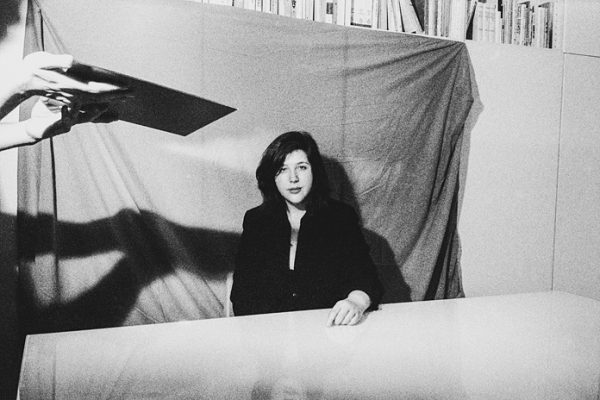
FINAL THOUGHTS
There are a lot of emotions that Lucy Dacus evokes in her audience through Historian, from heartbreak and trauma to death and longing. She carefully and creatively conveys every word that she thinks in her lyrics and is able to create such a beautiful portrait in the minds of the listeners. In addition to everything that she has to say, the voice that she says it with is captivating and enchanting, it almost casts a spell over the people who are lucky enough to hear it. Her lyricism, vocals, and also all of the instruments in each song all have a purpose in where they are, how they sound, and what they say. She utilizes all of these aspects of music to make the listeners feel something, to feel like they have also experienced what she is talking about, whether they have or not, and she completely overtakes the mind and body of anyone listening to her songs through each extremely detailed and thought out part of her music. After listening to Historian, as well as her other two records, on repeat, I am desperately aching for her to release new solo music and I cannot wait until she does. And finally–
MY RANKING
1. Nonbeliever
2. Timefighter
3. Night Shift
4. Body to Flame
5. Pillar of Truth
6. Next of Kin
7. Yours & Mine
8. The Shell
9. Historian
10. Addictions

WHERE TO LISTEN
